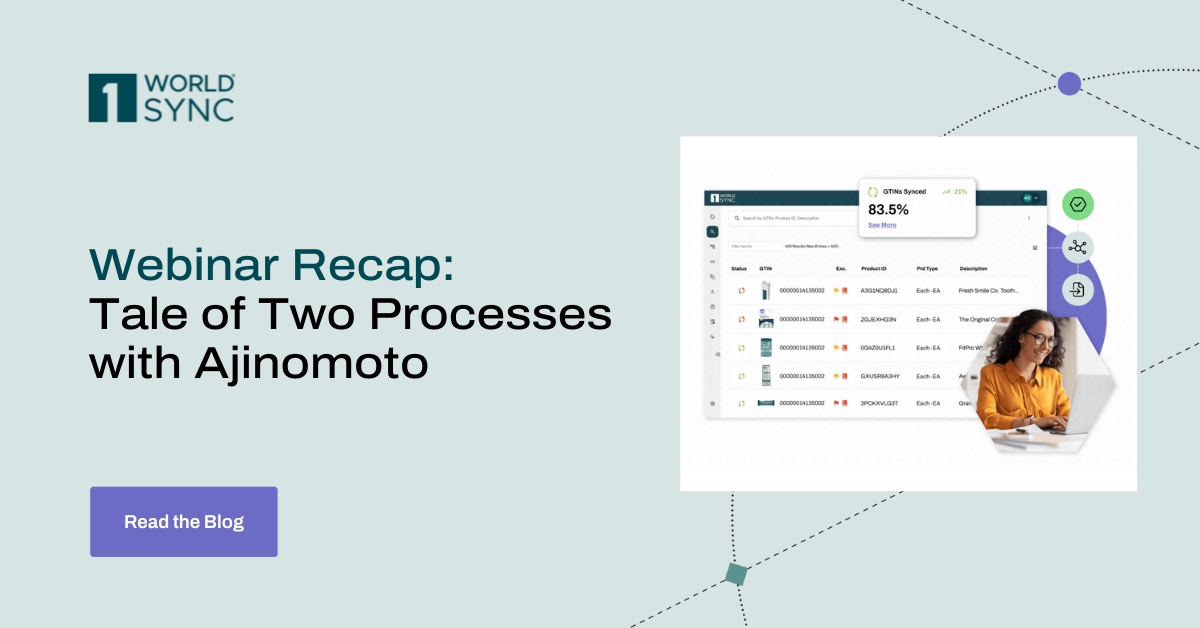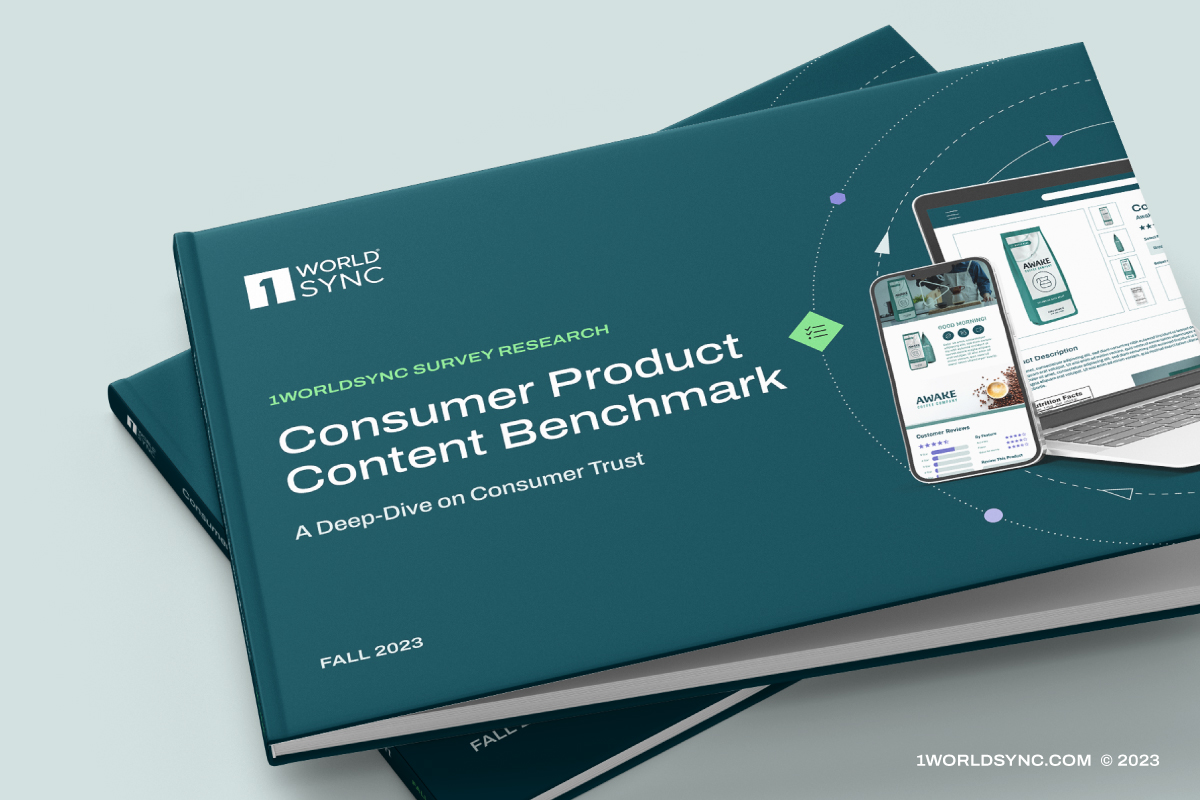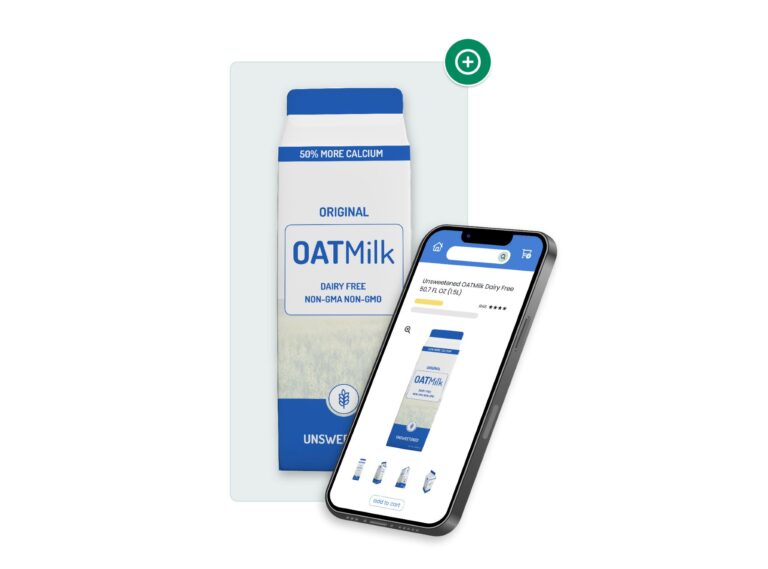As a healthcare consumer it deeply concerns me that Walmart and other major retailers have a better system to obtain product information for a bag of potato chips than my local hospital uses to acquire product information for a potentially life-saving medical device. The U.S. healthcare industry has lagged behind when it comes to the management and capture of master product data or the “attributes” that provide critical details about a product. With the recent turmoil caused by COVID-19, hospitals are being forced to focus on value and find ways to be more efficient.
What’s the big deal?
Incomplete and inaccurate product data is problematic because the data touches every department in a hospital and ultimately affects efficiency, safety, and finances. The process starts in procurement where accurate information must be available to properly place an order. Once the order is received, hospital staff need data to understand requirements for handling and storage. As the product makes it way to the treatment floor, clinical information is vital for providers to administer effective treatment. When the procedure is complete, finance must have specific information to properly bill a payer. All this information should be contained in the master product record.
Unfortunately, there is no commonly accepted process for collection or standard format of product data. Hospital staff recognize the importance of high quality data and try their best to obtain accurate information but for many, this is not an easy task. It is not uncommon for a data analyst to use Google to find information about a medical device. This practice reminds me of a common adage, “If it is on the Internet, it has to be true.” As a patient, are you willing to test this theory when it comes to your medical treatment?
What is the solution?
I do not have all the answers, but I can offer some good news. There is a solution! Walmart, Kroger, and many other major retailers have almost perfected the system being used in their industry for many years. 1WorldSync, the leading provider of product data solutions, has recently adapted this solution to provide the healthcare industry the same opportunity to capture high quality data using an efficient process.
The White Paper, Leveraging the Global Data Synchronization Network(GDSN) to Improve the Healthcare Supply Chain in the link below, discusses details of a pilot program recently completed with Johnson & Johnson Supply Chain, Teleflex Incorporated, Geisinger Health and Abbott Laboratories, set out to prove the effectiveness of this solution in hospitals.
In our post- COVID-19 world, hospitals must find a balance between efficiency and quality of care, understanding that master product data is at the foundation for success of both, and I believe it is a logical area to focus for improvement.






